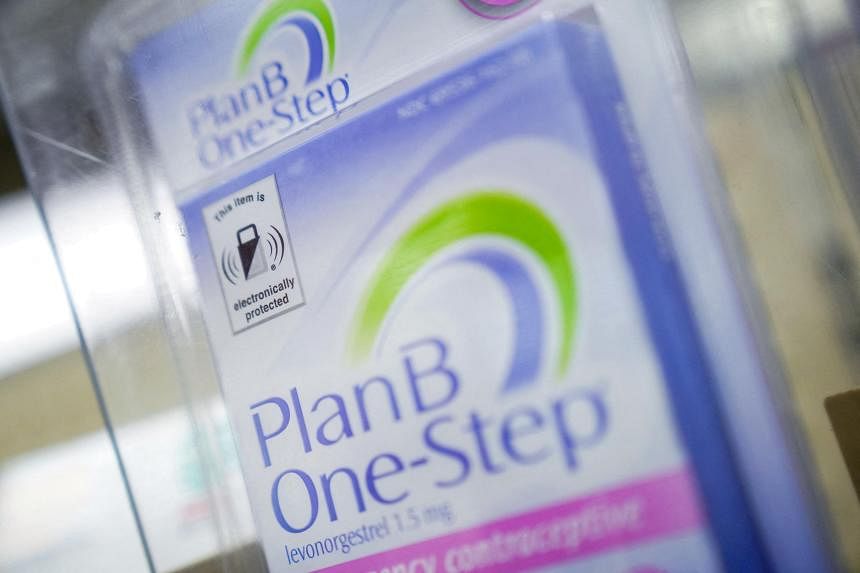WASHINGTON - The United States Food and Drug Administration (FDA) on Friday significantly changed the information that will be in every box of the most widely used emergency contraceptive pills to make clear that they do not prevent a fertilised egg from implanting in the womb.
The agency explained in an accompanying document that the products cannot be described as abortion pills.
Up to now, packages of the brand-name pill, Plan B One-Step, as well as generic versions of it, have said that the pill might work by preventing a fertilised egg from implanting in the womb – language that scientific evidence did not support.
That wording led some abortion opponents and politicians who equate a fertilised egg with a person to say that taking the morning-after pill could be the equivalent of having an abortion, or even committing murder.
The FDA revised the leaflets inserted in packages of pills to say that the medication works before the release of an egg from the ovary, meaning that it acts before fertilisation, not after.
The package insert also says the pill “will not work if you’re already pregnant, and will not affect an existing pregnancy”.
In a question-and-answer document posted on the FDA’s website, the agency explicitly addressed the abortion issue.
In answer to the question “Is Plan B One-Step able to cause an abortion?”, the agency writes “No”.
It added: “Plan B One-Step prevents pregnancy by acting on ovulation, which occurs well before implantation. Evidence does not support that the drug affects implantation or maintenance of pregnancy after implantation, therefore, it does not terminate a pregnancy.”
Since the Supreme Court overturned the ruling that ensured the national right to abortion, advocates of abortion rights have warned that some conservative states may outlaw or restrict morning-after pills on the erroneous grounds that they might cause abortions.
Advocates and reproductive health providers have also worried that people who are misinformed about how the pills work may decline to use an effective tool to prevent unwanted pregnancies.
Scientific evidence has never shown that Plan B affects a fertilised egg’s ability to attach to the uterus.
The FDA acknowledged as much 10 years ago, after a 2012 investigation by The New York Times, when a spokesman for the agency said that the emerging data on Plan B suggests that it does not inhibit implantation.
NYTIMES

